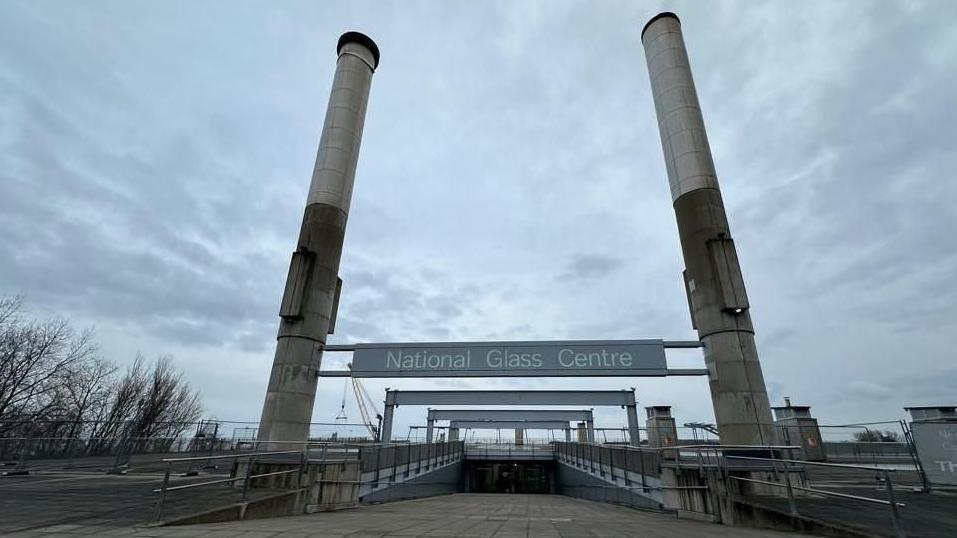Glass centre land sale suggestions denied
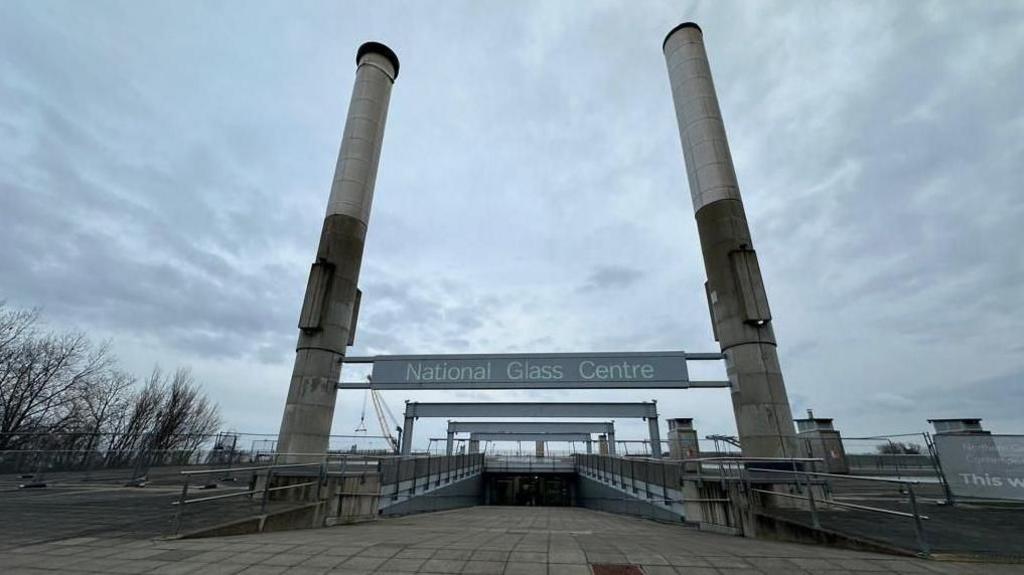
Sir David Bell, Sunderland University's vice-chancellor, said the glass centre land was "not of significant value"
- Published
A university vice-chancellor has said it is "simply wrong" to suggest a glass centre was closing so that the land could be sold for housing.
Sir David Bell, Sunderland University's vice-chancellor, denied the claim in response to Labour councillor Denny Wilson who wrote to the university about his worries over the closure of the National Glass Centre (NGC).
Wilson said there were concerns about a "rush to demolish" the building so that the land could be sold to a housing developer and that "surely demolition must be the last resort".
However, in an open letter Sir David said the university had "diligently governed" the site and the land was "not of significant value".
His letter said more than £15m had been spent on the NGC between 2011 and 2023.
"It is simply wrong to suggest that the university's intention to close the NGC building was driven by a desire to 'sell off the land'," Sir David said.
"Indicative external advice suggests that the land is not of significant value and even that would be largely offset by the cost of demolishing the building and undertaking any potential landscaping."
Sir David added that it was likely that the building would be demolished "properly and safely at the earliest possible opportunity, including temporarily landscaping the site, before determining next steps".
The centre is due to close in July next year, with unaffordable repair costs blamed for the decision. Up to 25 people will be made redundant.
Castle ward councillor Wilson said bulldozing the building would affect "civic pride, city status, and cultural prestige".
He also said it would damage the city's "credibility as a great place to invest".
"There are lots of intelligent people living and working in Sunderland," he said.
"Can the university reach out and involve them to seek credible alternatives to demolition?
"Surely demolition must be the last resort."
'Financial subsidy'
Sir David's letter said the university had "diligently" governed the site since becoming its custodian in 2010.
"However, the university has had to provide - or plan to provide - a significant financial subsidy in excess of £1m each year," he said.
"This is a pattern repeated every year since the university took ownership of the NGC."
He also said repair estimates for the building were of a scale that could "never possibly" be contemplated and it was likely they had gone up with inflation since a 2022 survey report.
He said the report had recommended a roof replacement at £14m.
A further £45m estimate also included remediation work on the steel beams and the replacement of roof ventilation.
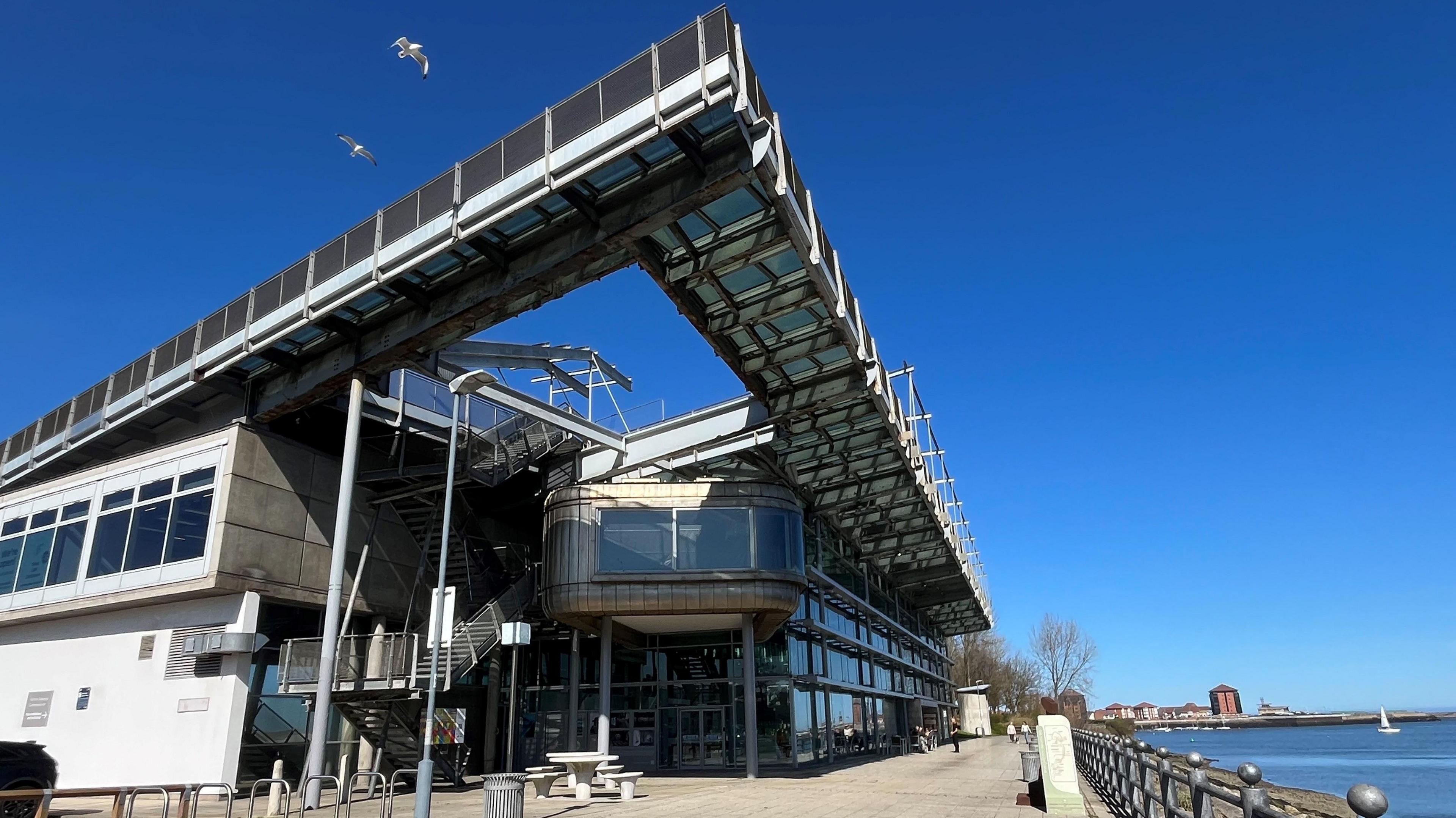
Up to 25 people will lose their jobs when the centre shuts
But campaigners from Save the National Glass Centre group said that according to the report, the £14m estimate also included the replacement of a structure, which had already been done.
They said the sum also included steelwork painting and installing solar panels and that the repairs detailed in the £45m estimate were already part of the £14m cost.
"I have looked at the £14m estimate in detail and even this does not stand up to scrutiny.
"The construction costs within that are only £6.5m," Nigel Taylor, a former civil engineer and member of Save the National Glass Centre, previously said.
"The rest is a mix of risk, fees, contingencies and inflation, all of which appear very high to suit the university's narrative."
The university has previously said there might be alternative replacement roofing options which could reduce the total cost by between £2.5m and £4.5m, but still none were affordable as its income was derived from student tuition.
Follow BBC Sunderland on X, external, Facebook, external, Nextdoor and Instagram, external.
Get in touch
Do you have a story suggestion for BBC Wear?
Related topics
- Published5 July
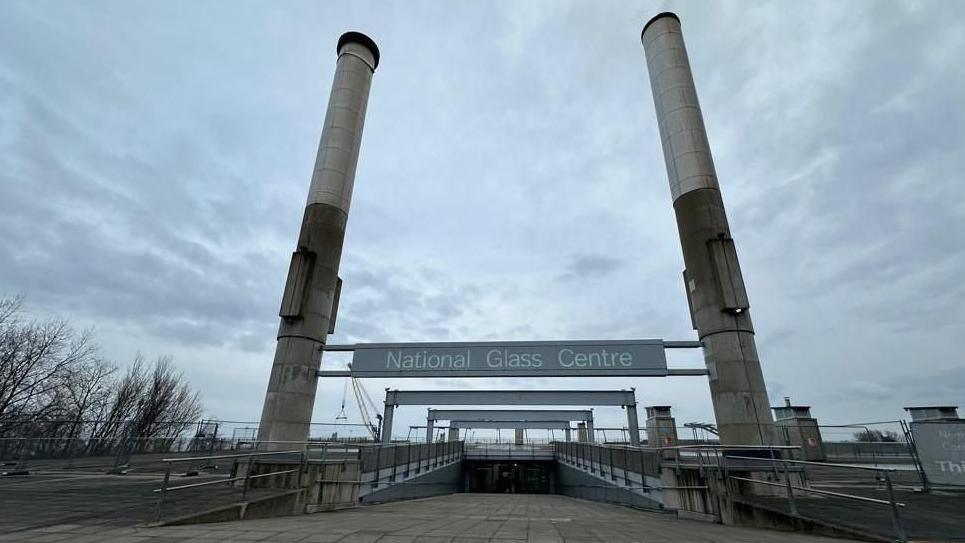
- Published29 July
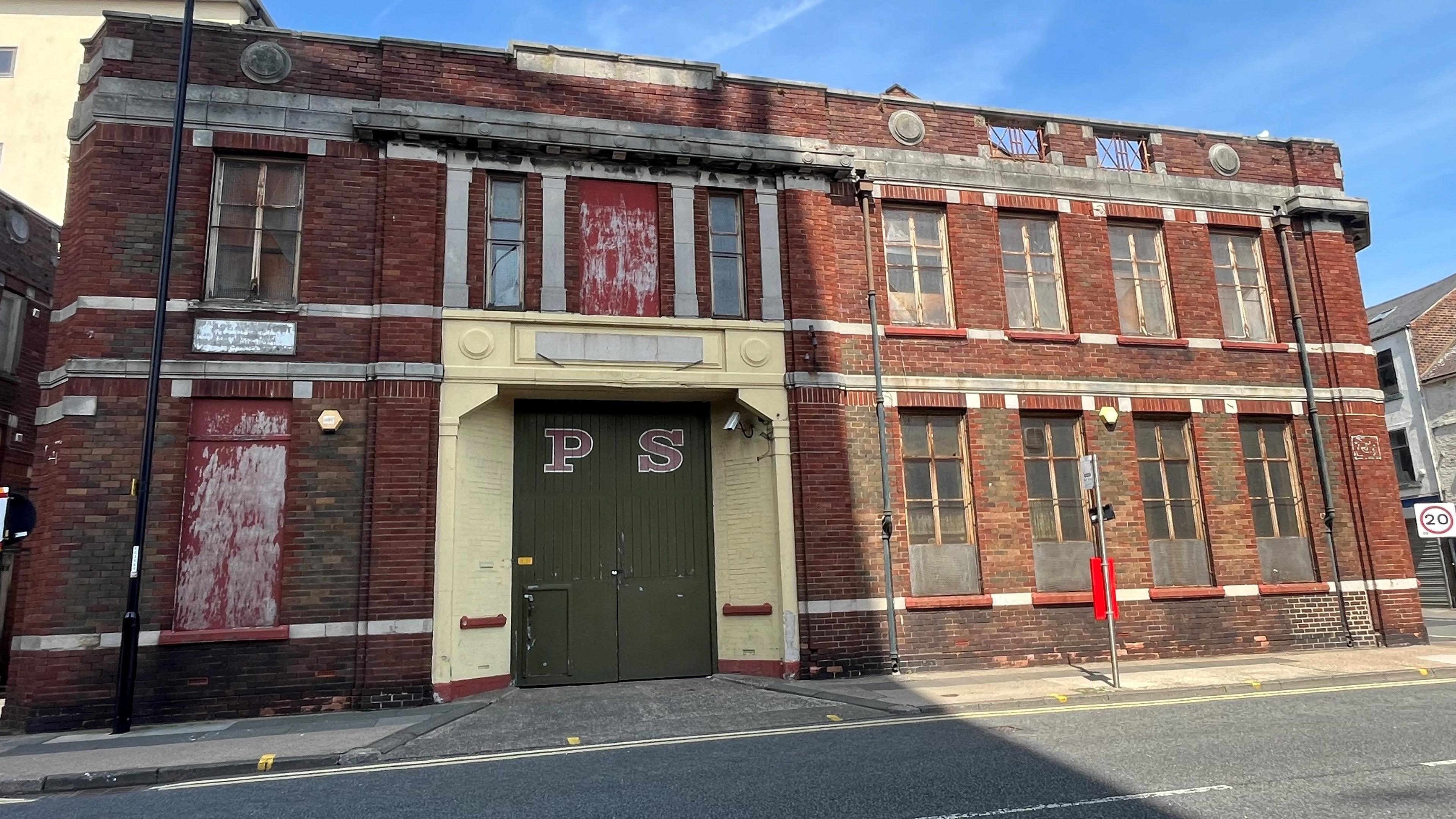
- Published21 July
